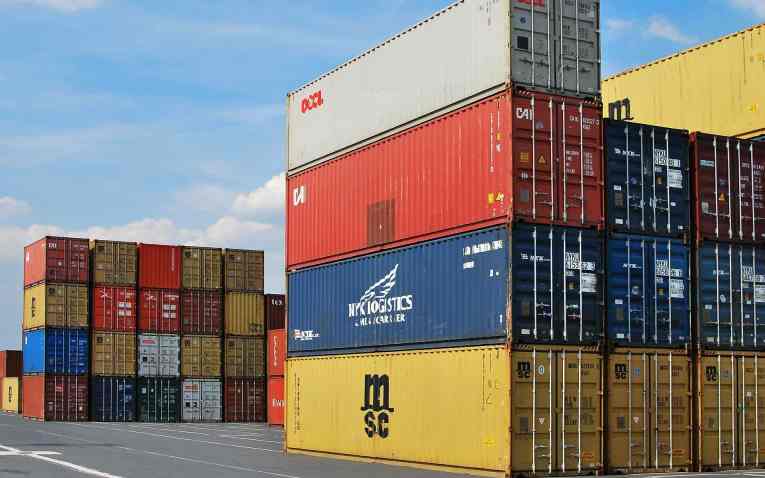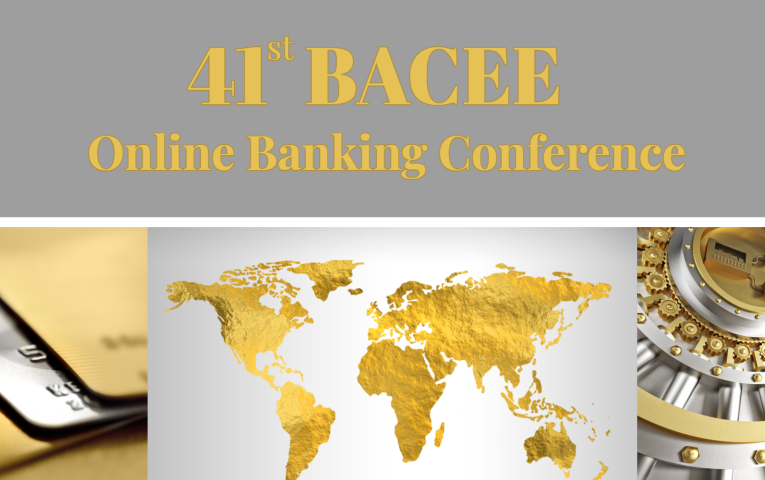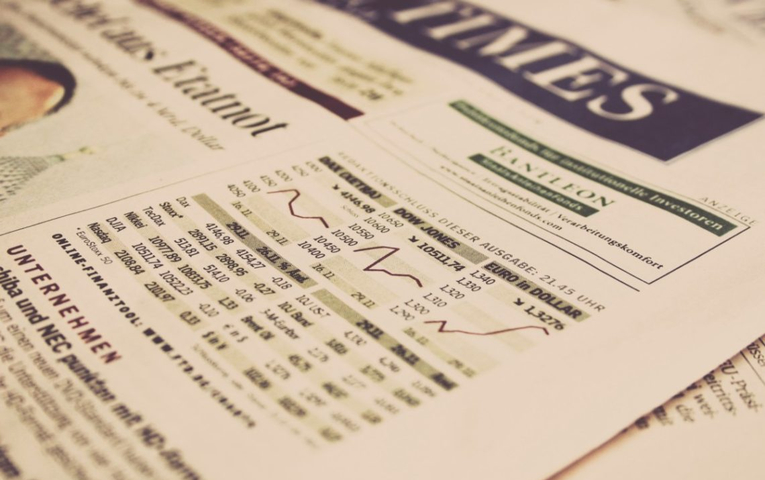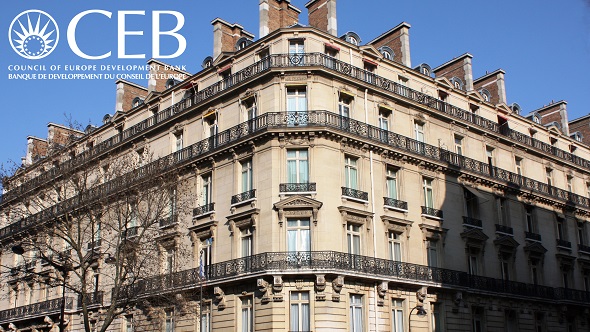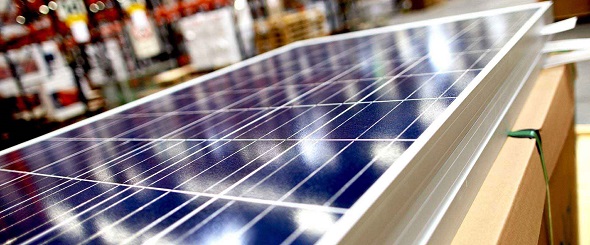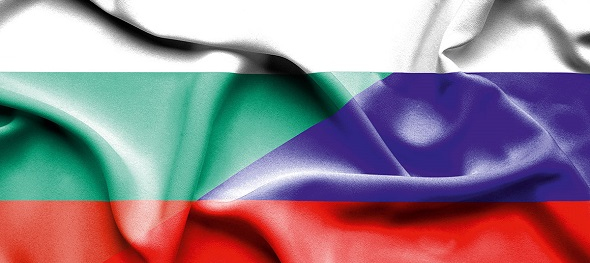Fitch Ratings-London has revised the ratings of International Bank for Economic Co-operation (IBEC). Long-Term Issuer Default Rating (IDR) was upgraded to ‘BBB’, with Stable outlook. IBEC Short-Term rating has been upgraded to ‘F2’. In the context of the global socio-economic crisis caused by the COVID-19 pandemic, ratings upgrades are extremely rare and atypical for the international financial organizations (IFO). IBEC is only the second IFO to be upgraded by Fitch rating agency since the beginning of 2020.
In the opinion of Denis Ivanov, Chairman of the IBEC Board, Fitch's assessment has become another stage in the transformation of IBEC into a modern and efficient financial institution. “Prior to today's upgrade, IBEC's rating was at the level of 'BBB-'. In March last year, the agency raised its rating forecast from “Stable” to “Positive”, and now the results of our work have given the experts reason to raise the rating itself. This confirms that the strategic course of the bank was chosen correctly, and opens up new opportunities for business development”, – said Mr. Ivanov.
In its official release, Fitch Ratings emphasizes that a revision of their assessment is the result of ongoing transformation of IBEC’s business operations since 2018 and the renewal of the business model. These changes have led to considerable improvements in credit risk, concentration metrics and the bank’s risk management framework. In addition to the application of the internal rating model IBEC developed the new regulation on risk-appetite frameworks, which is already being actively used.
An important factor is the sustainability demonstrated by IBEC against the backdrop of the COVID-19 pandemic, partly reflecting the resilience shown in the sovereign ratings of its member states.
Moreover, Fitch has revised its assessment of IBEC’s risk management policies to ‘moderate’. IBEC’s ratings are driven by its intrinsic features, with solvency and liquidity now both assessed at ‘a-’. IBEC’s solvency assessment continues to be underpinned by the bank’s ‘excellent’ capitalization metrics – the Bank maintains a high capital adequacy at a level of 44% (at the end of 2020) with a threshold of 25% set by the Bank's Council.
As another positive factor, the agency notes the diversification of business, both in the country and in the industry. The sectoral characteristics of the loan portfolio were affected by the consequences of the pandemic - a number of pipeline projects set to be approved and/or disbursed in 2020 were delayed. At the same time, the Bank has increased its presence in industries resilient to the impact of the crisis, such as pharmaceuticals and healthcare. In general, the share of the 5 largest borrowers decreased to 43% from 60% in 2018, when the IBEC transformation processes were launched.
Fitch also noted positive developments in the credit quality of treasury assets, in which the share of securities rated AAA-AA increased. The growth of income from banking operations, indicated in the new IBEC strategy as one of the priorities, had a positive effect in this sphere as well. If earlier the profitability of treasury assets prevailed over the quality of the portfolio, now the situation has become more balanced.
The main expectation of Fitch for IBEC is that the Bank will continue to improve its operational capabilities while improving the risk control system in order to achieve the key objectives set by IBEC's medium-term Development Strategy for 2021-2025, which was approved by the Bank's Council in December 2020.
 Ru
Ru Bằng tiếng việt
Bằng tiếng việt
 Mongoloor
Mongoloor

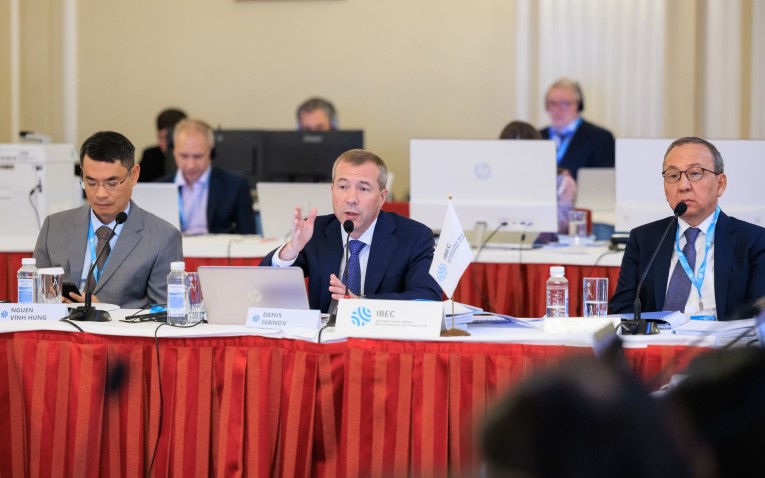





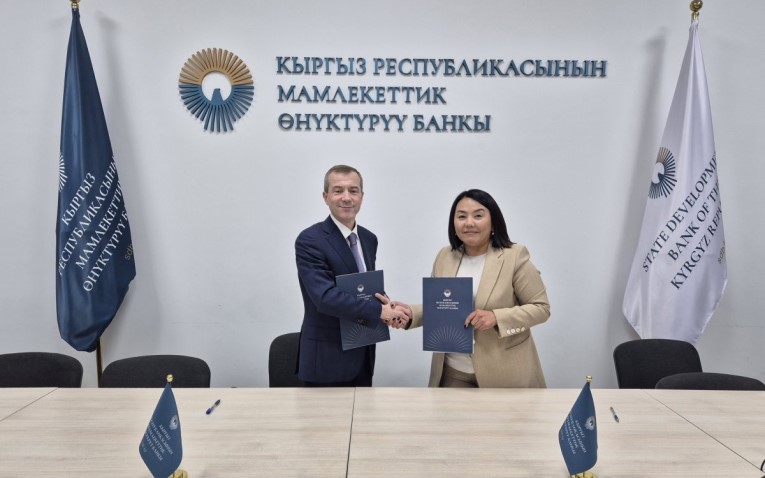





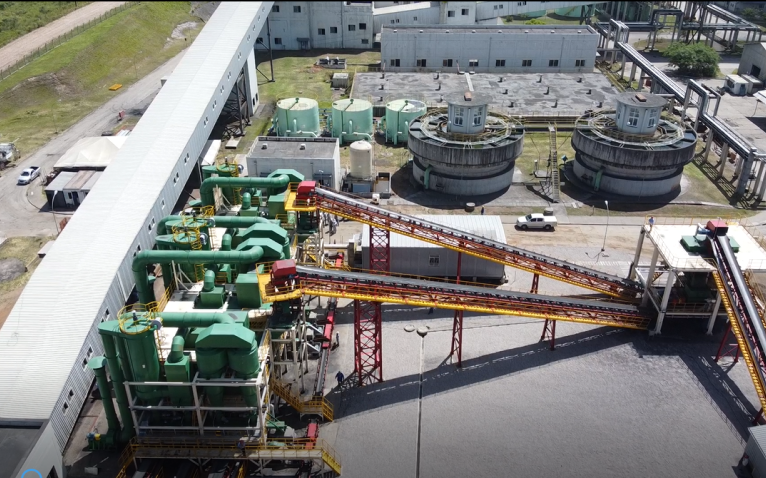


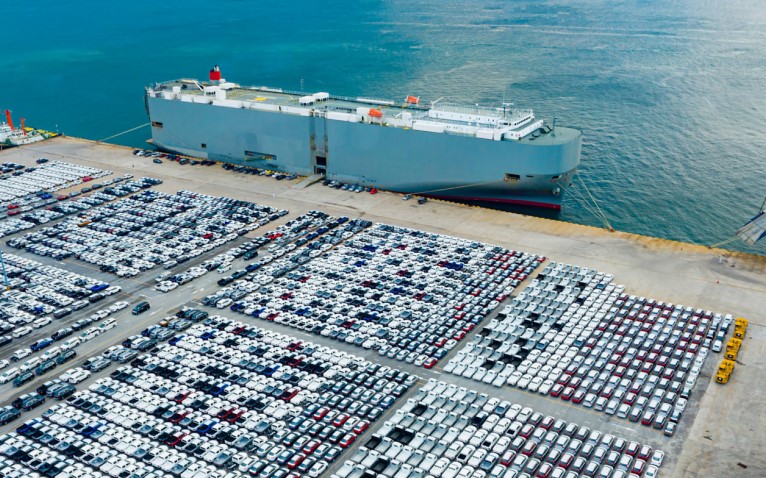
 765X478.jpeg)





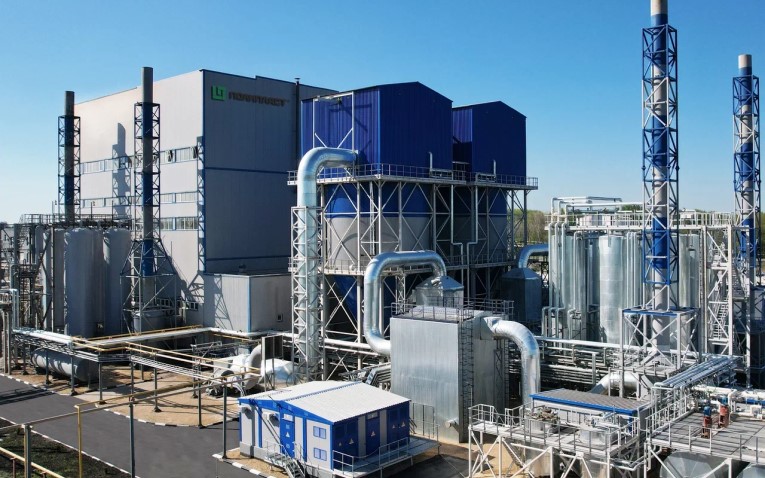



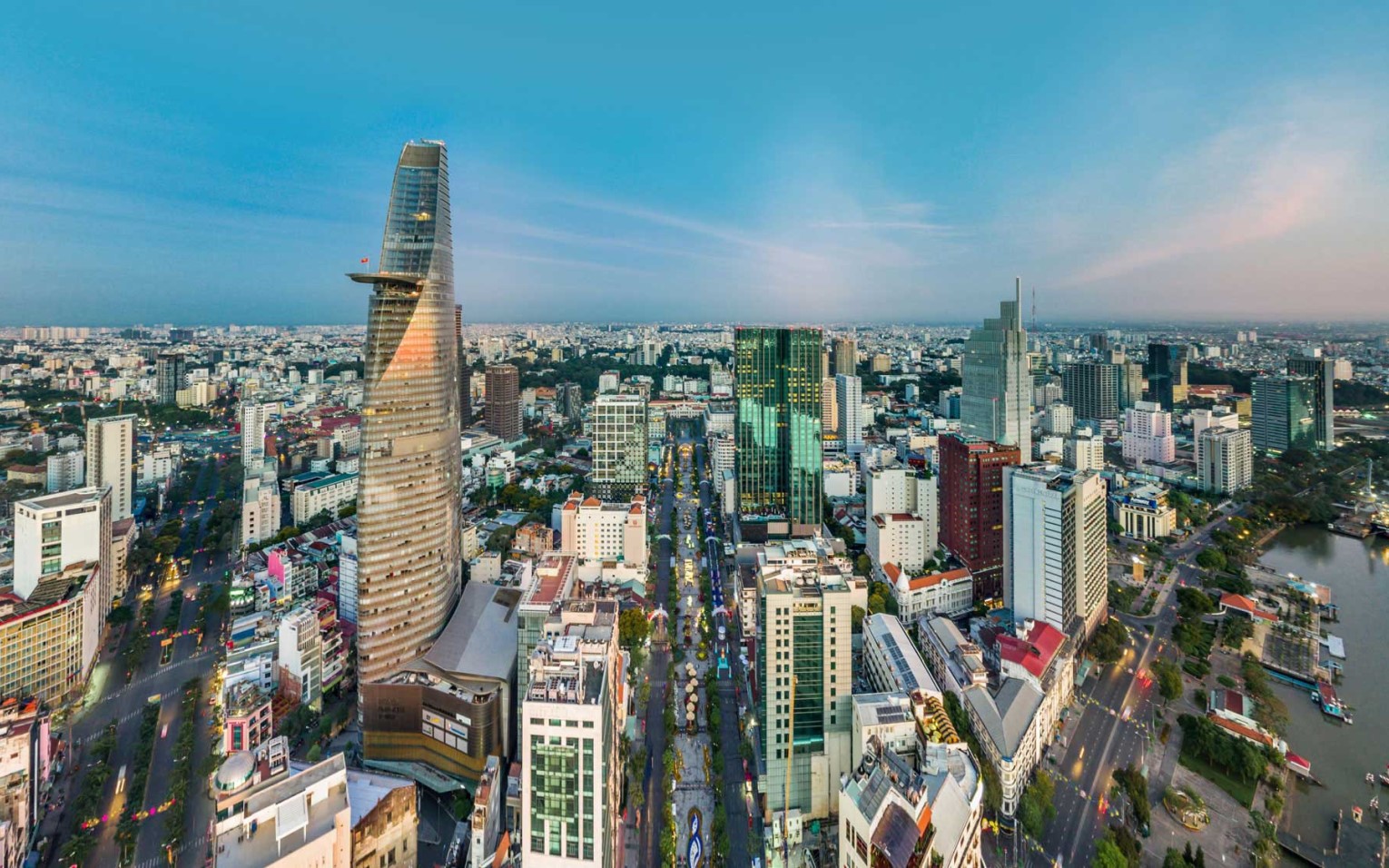





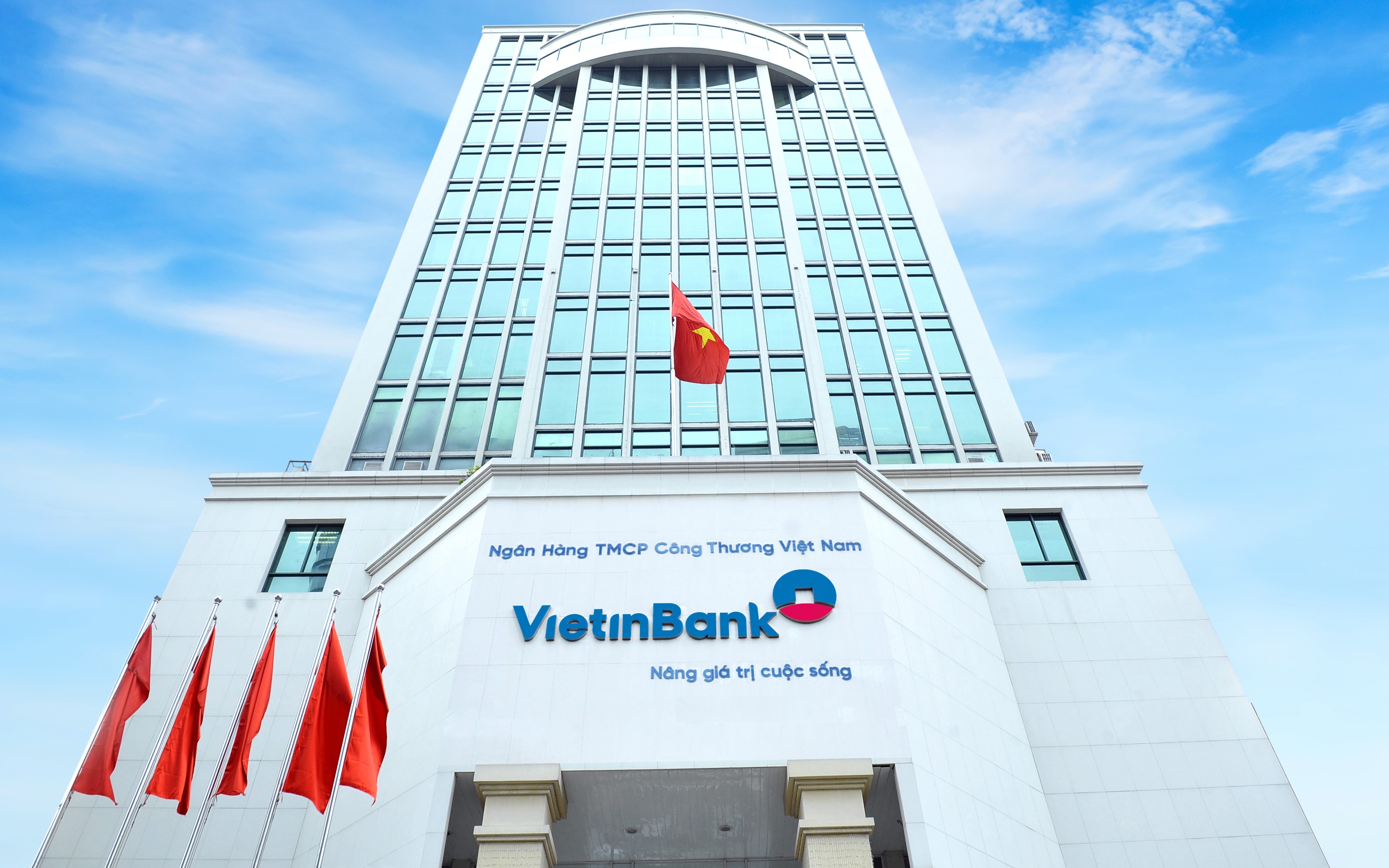

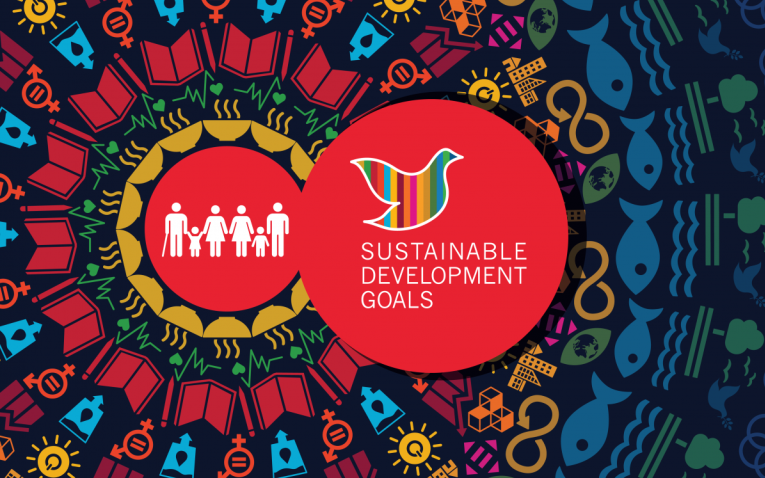

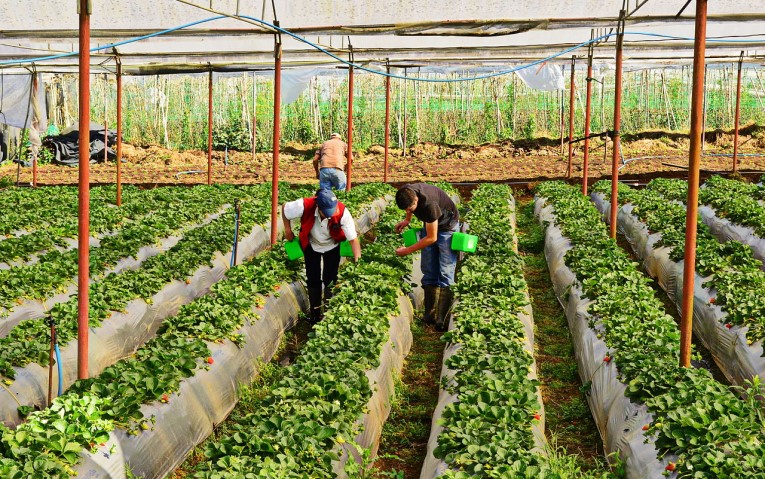

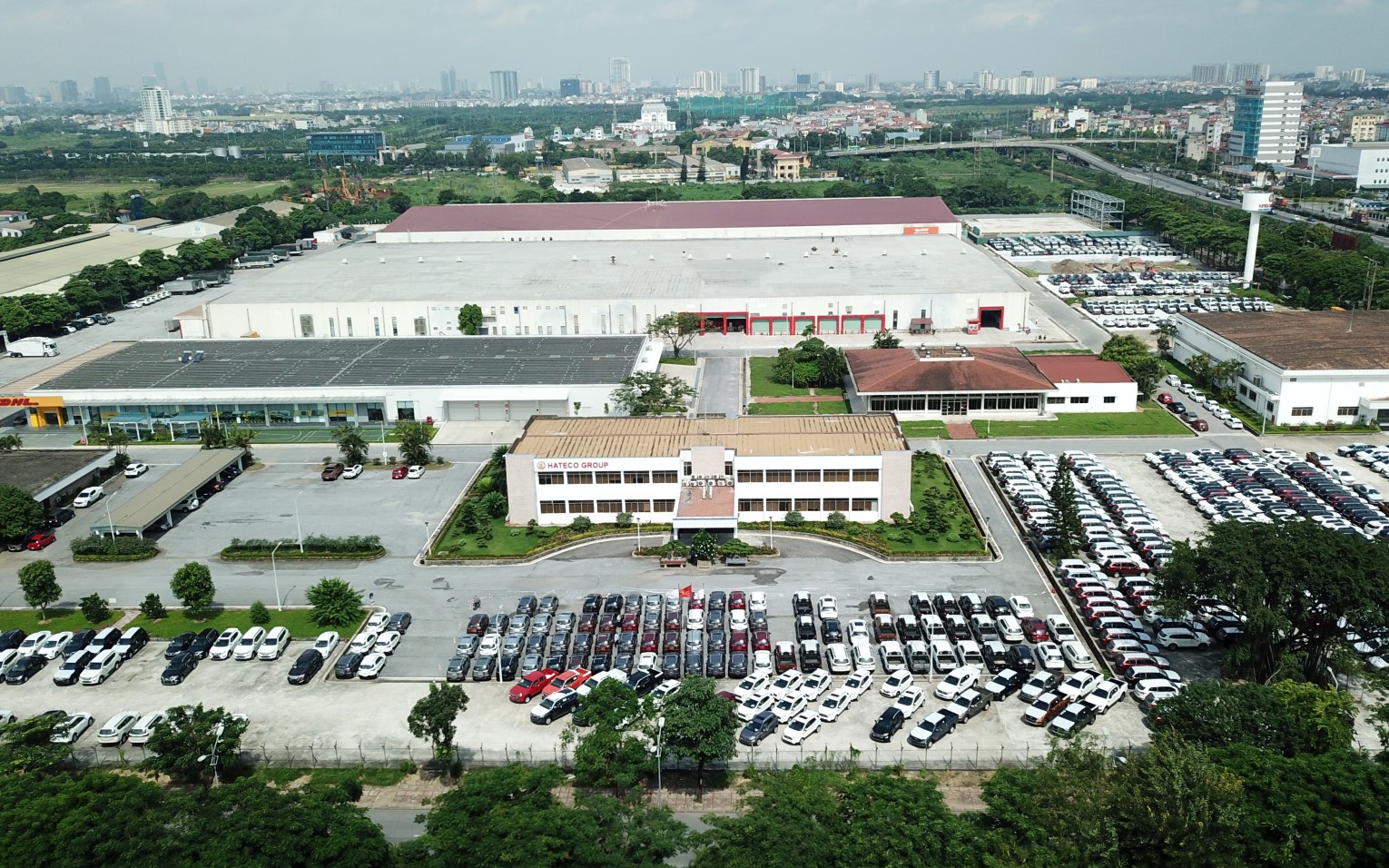

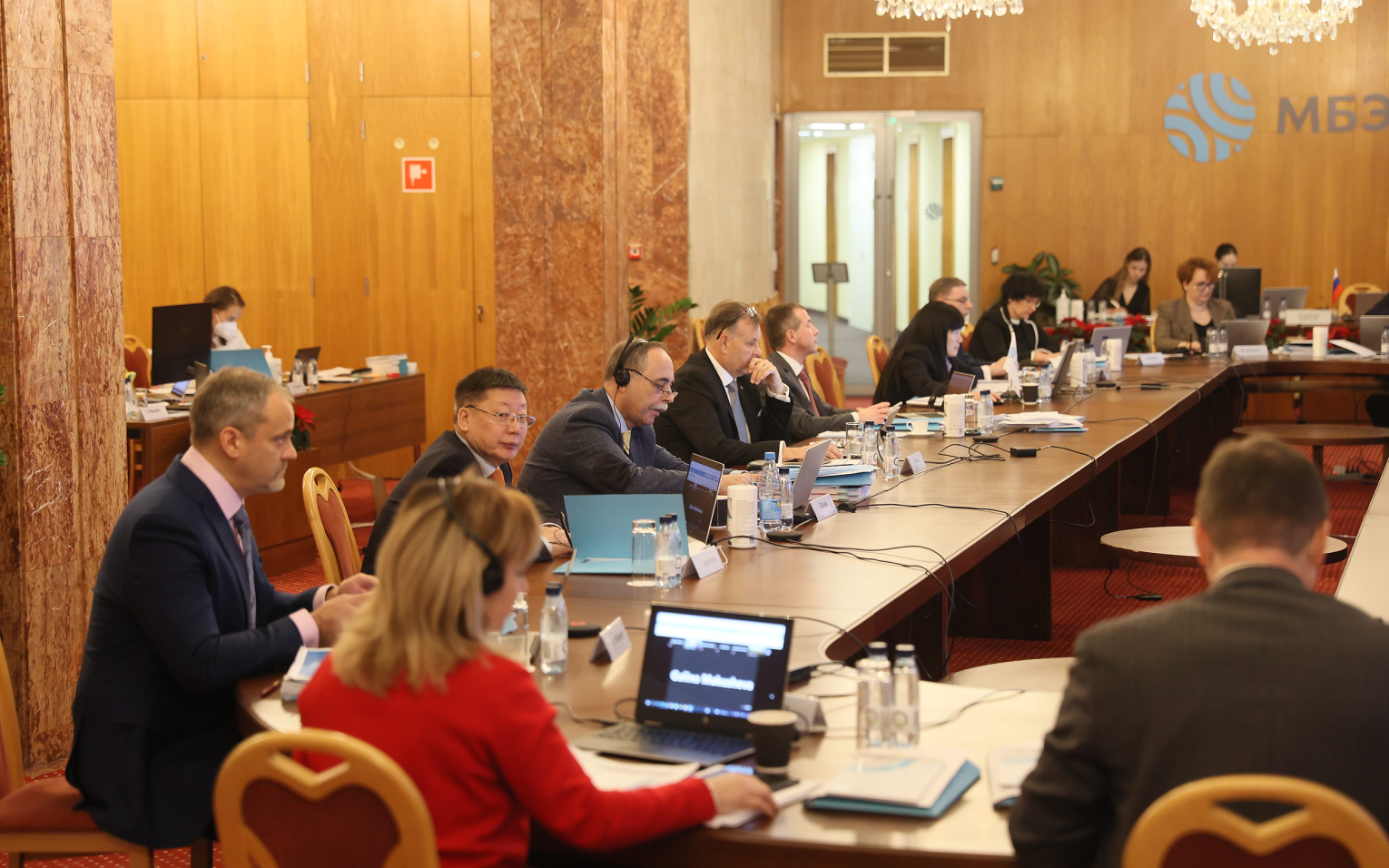



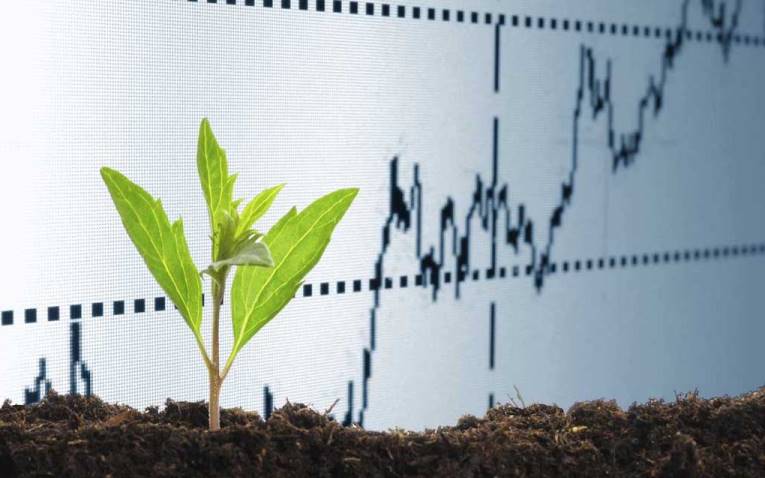
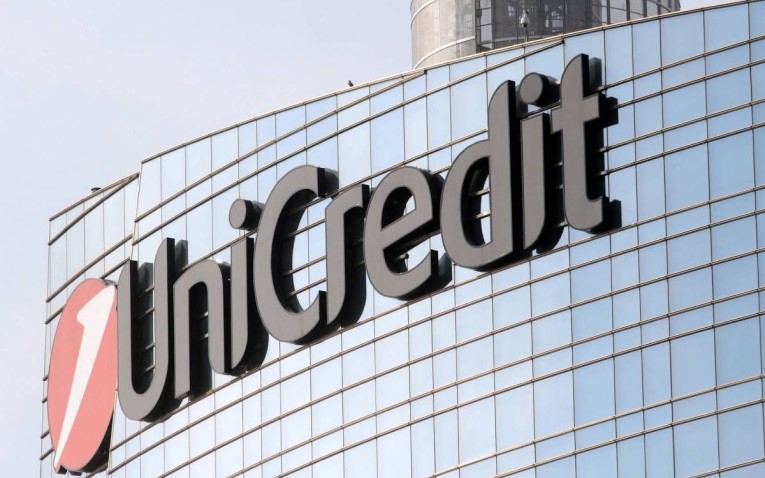
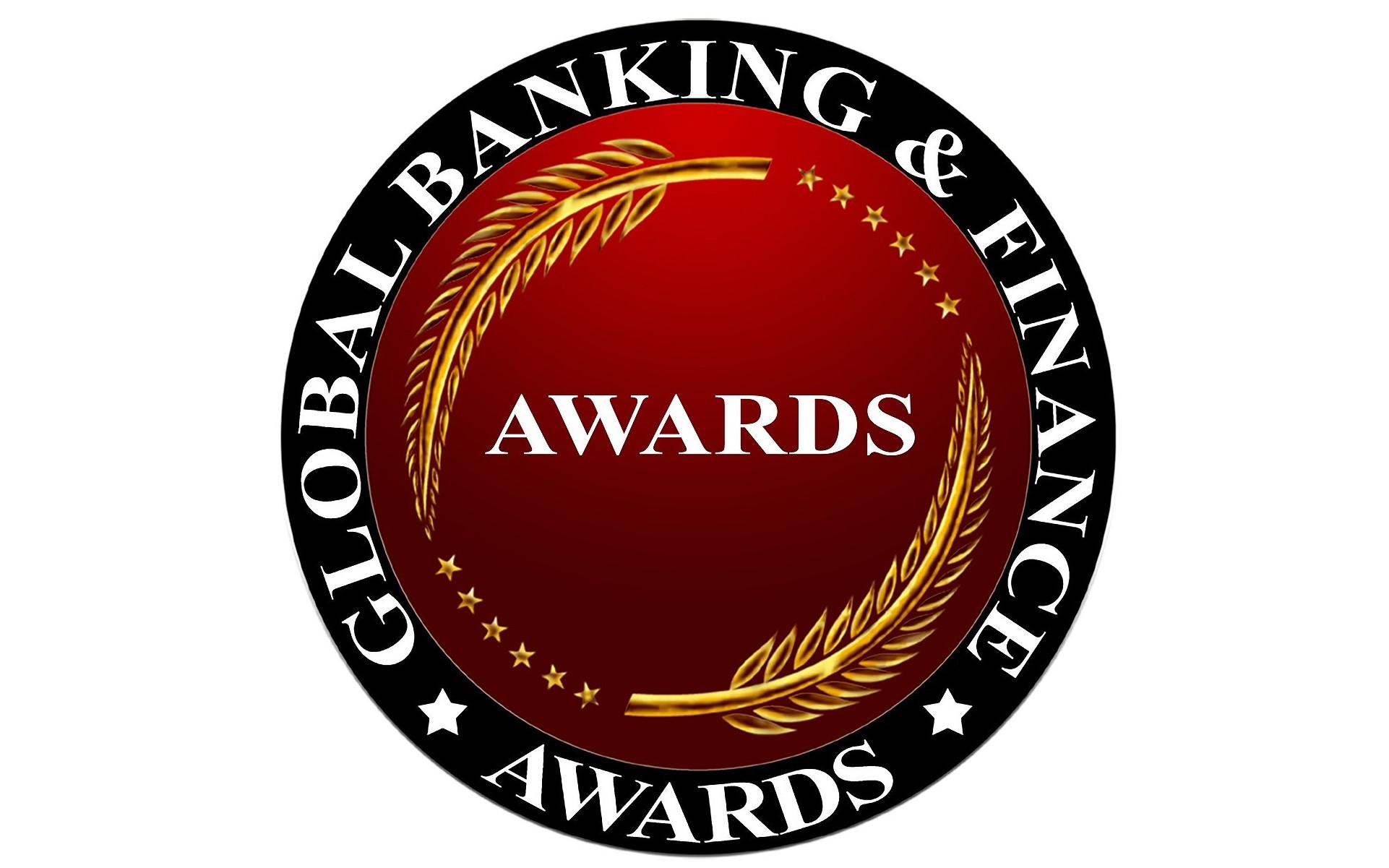





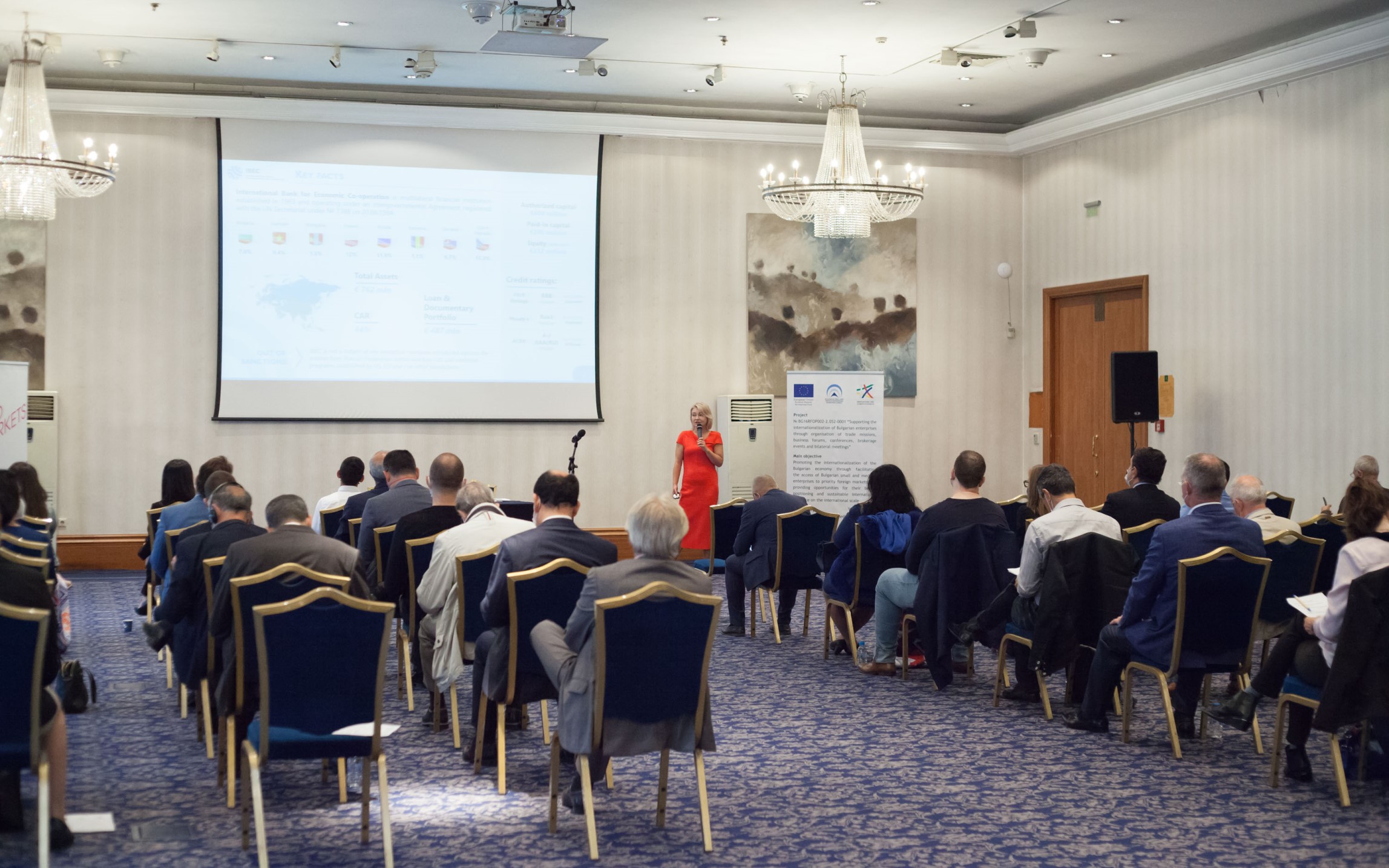

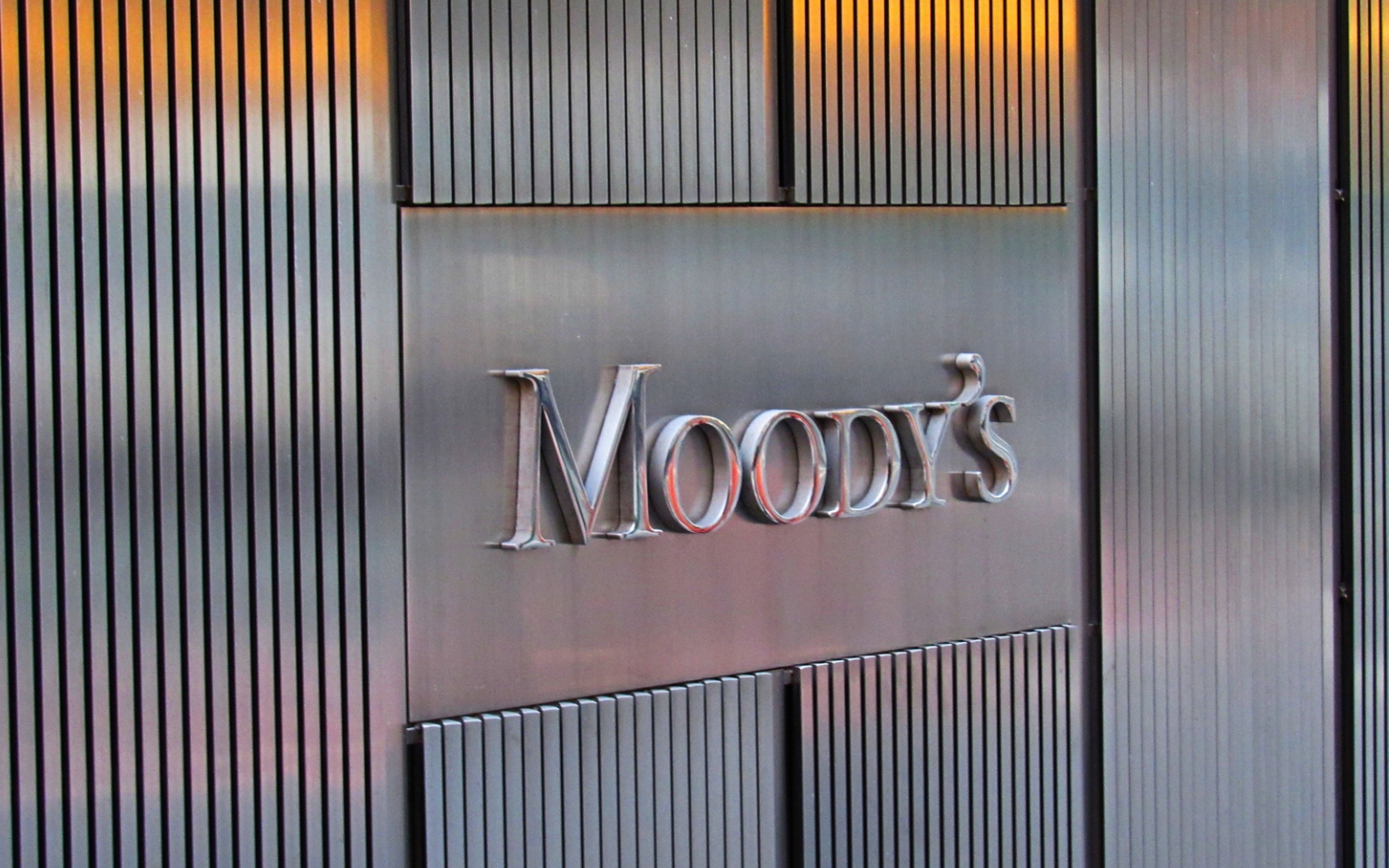
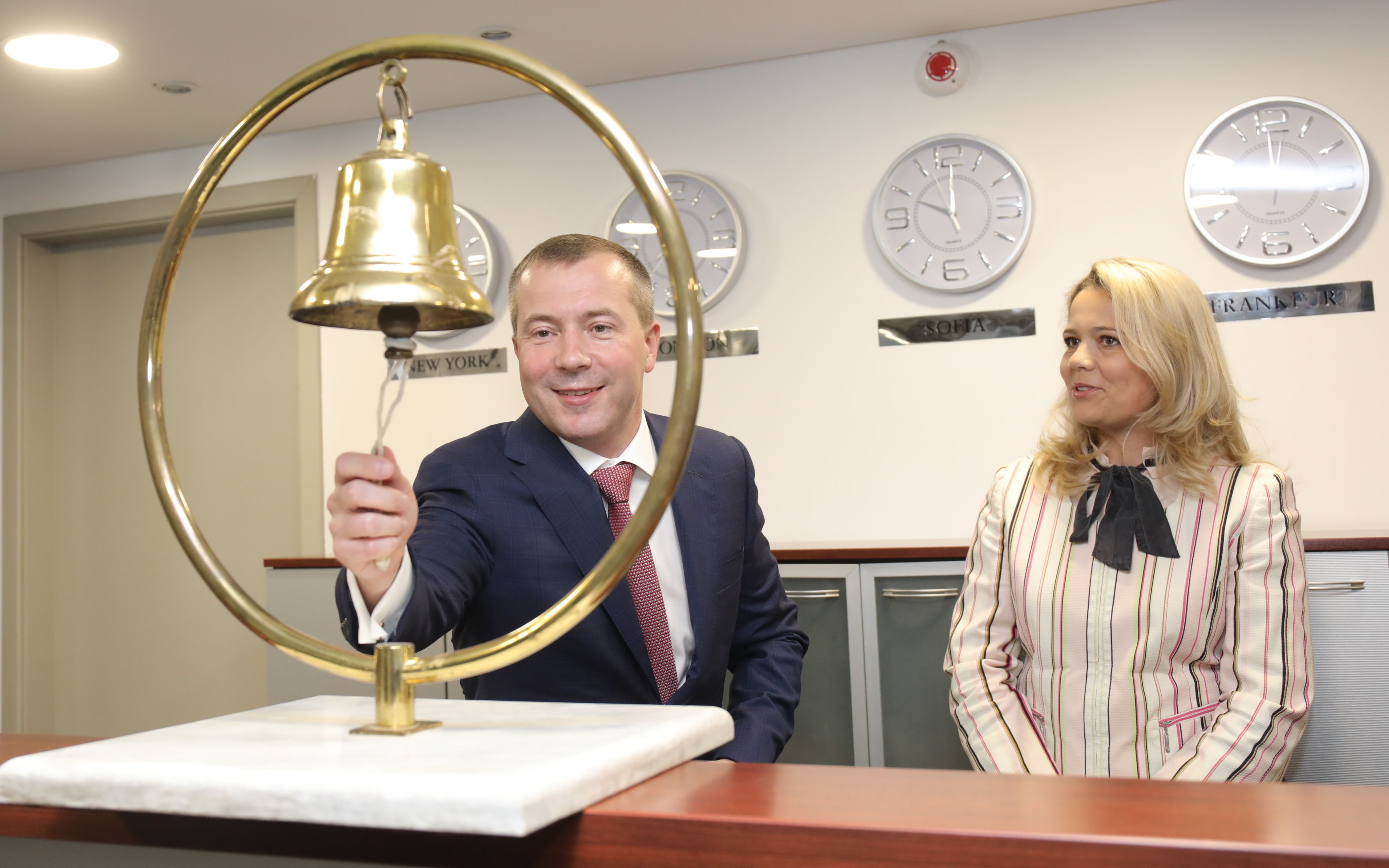



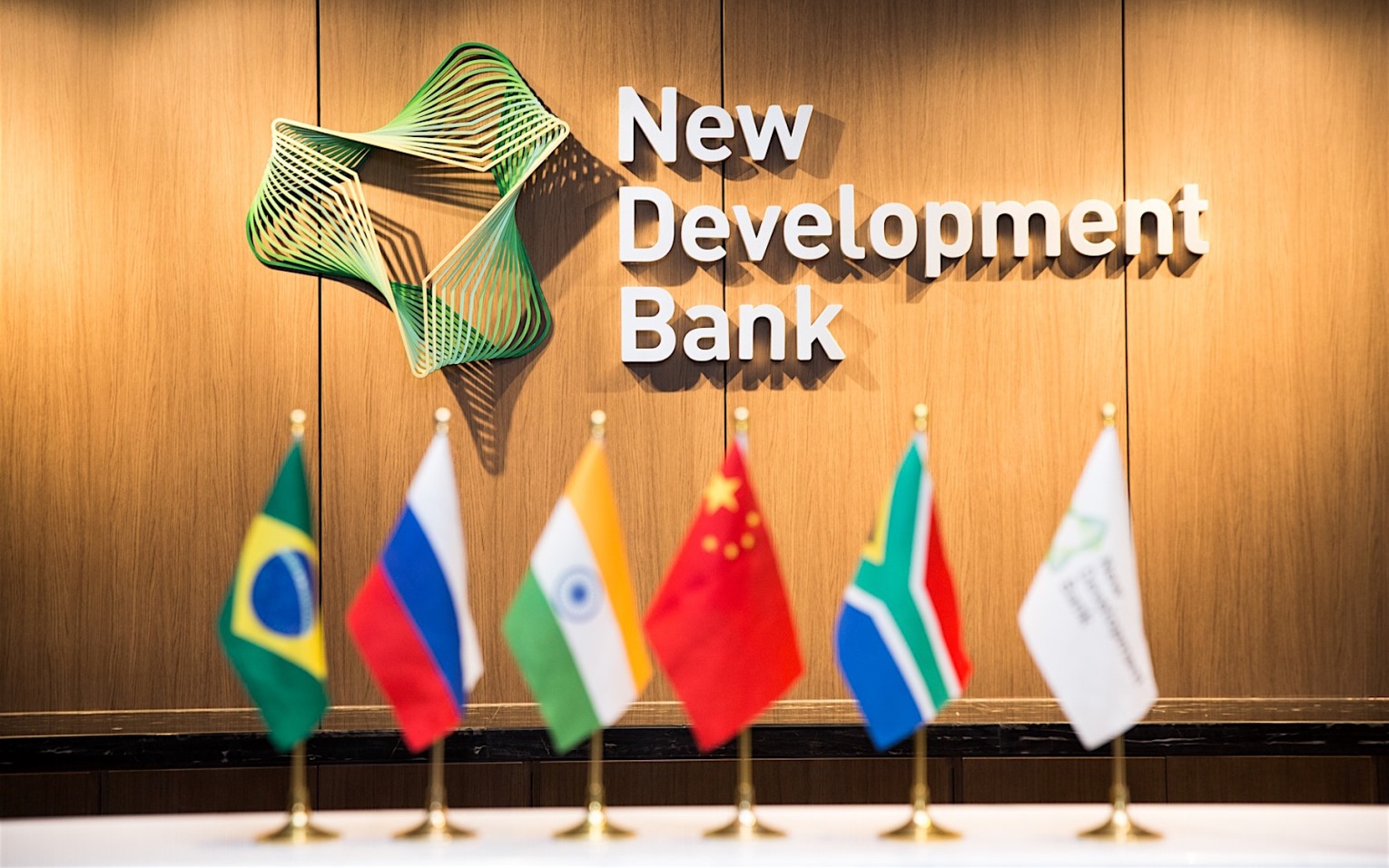


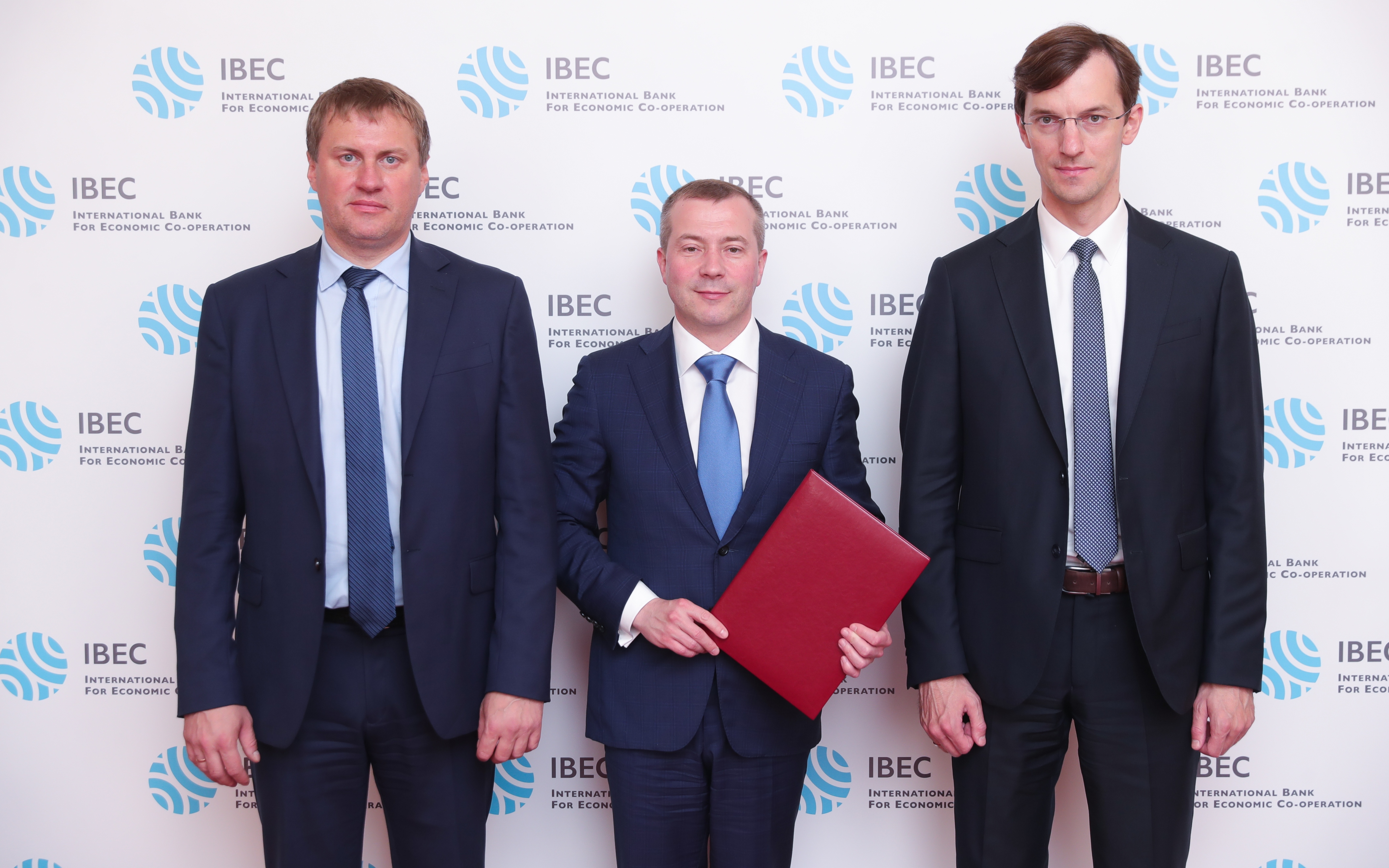
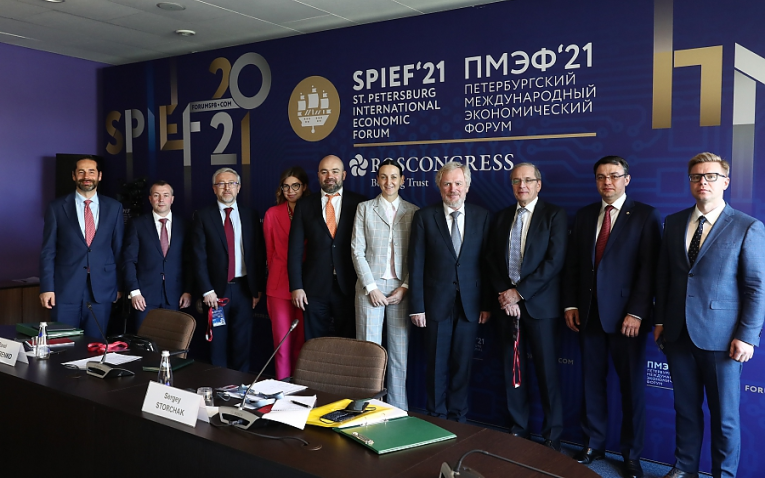
.jpg)
.jpg)
.jpg)


